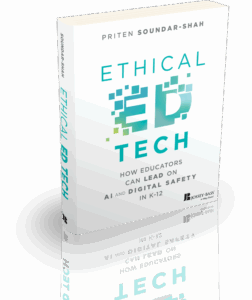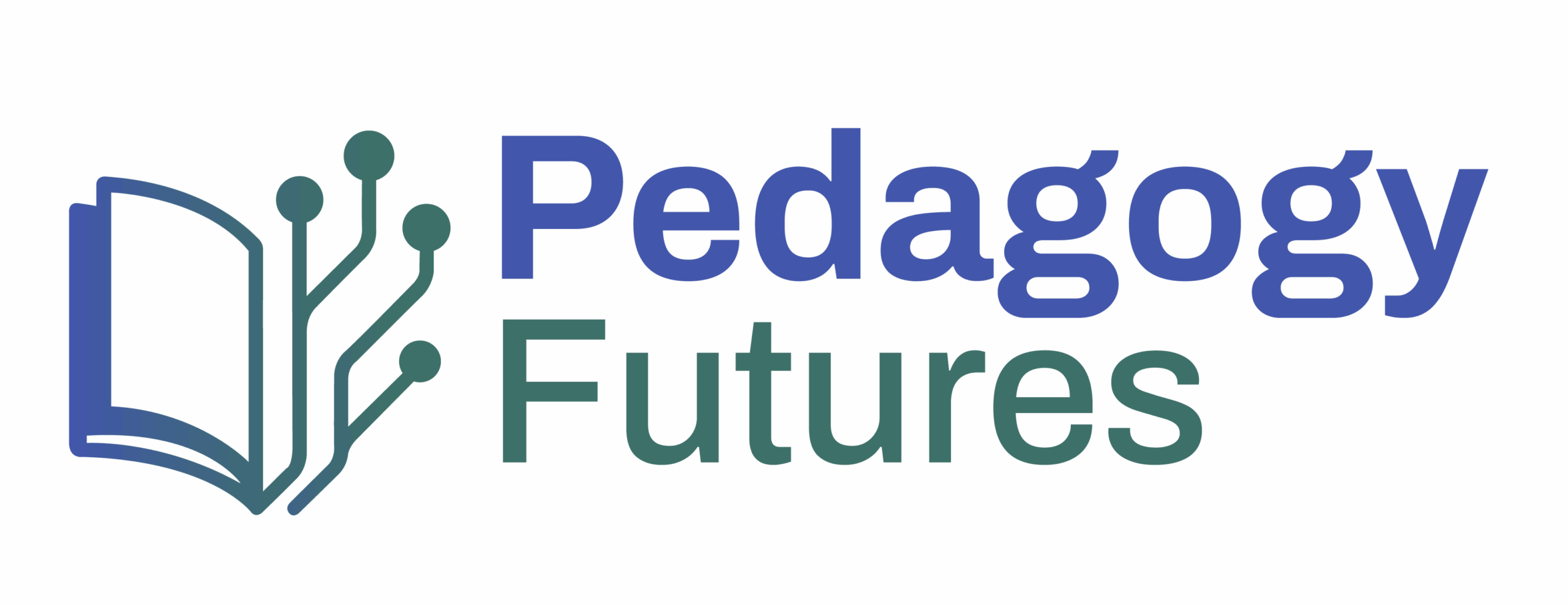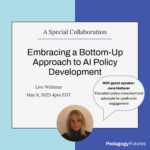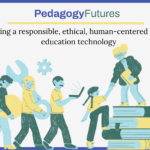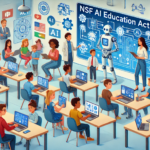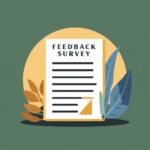In 2023, the dominant narrative was that AI was a tool for cheating and plagiarism, and educators needed to avoid and ban it from their classrooms to maintain the integrity of their assessments. This narrative was largely grassroots (real teachers sharing their actual experiences and fears), and it spoke to the realities of our education system (traditional assessments, preexisting incentive structures, and limited teacher bandwidth).
The narrative started to shift when those who had the time to test the possible uses of AI shared the potential for the technology to be helpful. Educators began exchanging discoveries with each other and asking for help in the areas they needed further assistance. We had meaningful conversations with educators, adapted and iterated on our approaches, and let teachers and students make the final call about what they found valuable to their teaching and learning.
This year the narrative seems to have hit a turning point that should concern everyone. Instead of grassroots experiments and experiences guiding the conversation, we are seeing massive pushes by large companies into our schools and classrooms without the consent of educators, students, or parents. They are trying to capture the narrative of the role of AI in education, not by helping teachers and students explore these tools for themselves, but by being so ingrained and ubiquitous, that it seems like a no-brainer that everyone ought to adopt the tools.
I do not pretend to know their intentions, and even if we ascribe only benevolence to them, we ought to be critical of such rapid changes that spread not because of educator and student advocacy, not on a timeline that respects the preparation and foresight educators exercise in their classroom, and not with the values and principles that shape both our public schools and liberal arts universities.
I do know that no matter how many educators they claim to have at the table, by and large, educators have not asked for tools that pretend to predict grades on papers for students, can be unleashed inside an LMS with zero detection, and continue to tempt students into offloading their learning under the guise of more efficient studying.
We plan to spend the year asking all of us to collectively slow down, think about what we want for our students and our society, and then decide the best way to proceed on terms defined by educators and students.
We hope to convince decision-makers that we all can continue to equip our students with the fundamental skills and knowledge they will need to navigate this change, and future ones, without introducing AI into every nook and cranny of our classrooms just because four companies decided summer 2025 is the time to do so.
